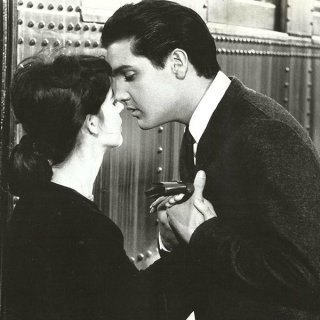Story Of Coke
Advertisements
Coca-Cola, or Coke, is one of the most recognizable brands in the world. Since its creation in 1886, the soft drink has become a cultural icon, and its history is a fascinating story of business innovation and marketing success.
The origins of Coke can be traced back to a pharmacist named John Pemberton, who created a syrup made from coca leaves and kola nuts. He mixed the syrup with carbonated water and sold it as a medicinal tonic that could cure everything from headaches to impotence.
The drink quickly became popular, and in 1888, Pemberton sold the rights to the formula to a businessman named Asa Candler for $2,300.
Under Candler's leadership, Coca-Cola became a national brand, thanks in large part to his innovative marketing strategies. He created the first-ever coupon, which offered a free glass of Coke, and launched a massive advertising campaign that included billboards, newspaper ads, and promotional items like calendars and clocks.
Candler also aggressively pursued exclusive contracts with soda fountains and bottlers, making Coca-Cola the dominant soft drink in the United States.
Throughout the 20th century, Coca-Cola continued to expand its reach and solidify its position as one of the world's most beloved brands. In the 1920s, Coca-Cola began bottling its drinks, which allowed the company to reach customers in more places than ever before.
Today, Coca-Cola is a global brand with a presence in more than 200 countries. In addition to its flagship Coke product, the company also produces a wide range of other beverages, including Sprite, Fanta, and Minute Maid. Coca-Cola has also made significant efforts to diversify its product offerings, including launching energy drinks and investing in the production of bottled water.
Looking to the future, Coca-Cola faces several challenges. The company has faced criticism for its role in contributing to the obesity epidemic and for its environmental impact. In response, Coca-Cola has pledged to reduce its use of plastic and invest in sustainable packaging. The company has also introduced low- and no-sugar versions of its products, including Coca-Cola Zero Sugar and Diet Coke.
Another challenge facing Coca-Cola is the changing tastes of consumers. Health-conscious consumers are increasingly turning to healthier alternatives to traditional soft drinks, such as bottled water and plant-based beverages. To address this trend, Coca-Cola has invested in brands like Honest Tea and SmartWater, which offer more health-conscious options.
Despite the obstacles it faces, Coca-Cola maintains its position as one of the most profitable and identifiable brands worldwide. Its record of inventiveness and marketing acumen has allowed it to surmount challenges in the past and will likely enable it to do so in the future.
By prioritizing sustainable practices, broadening its product range, and adapting to evolving consumer preferences, Coca-Cola is poised to sustain its reputation as a global beverage leader for years to come.
You may like:



